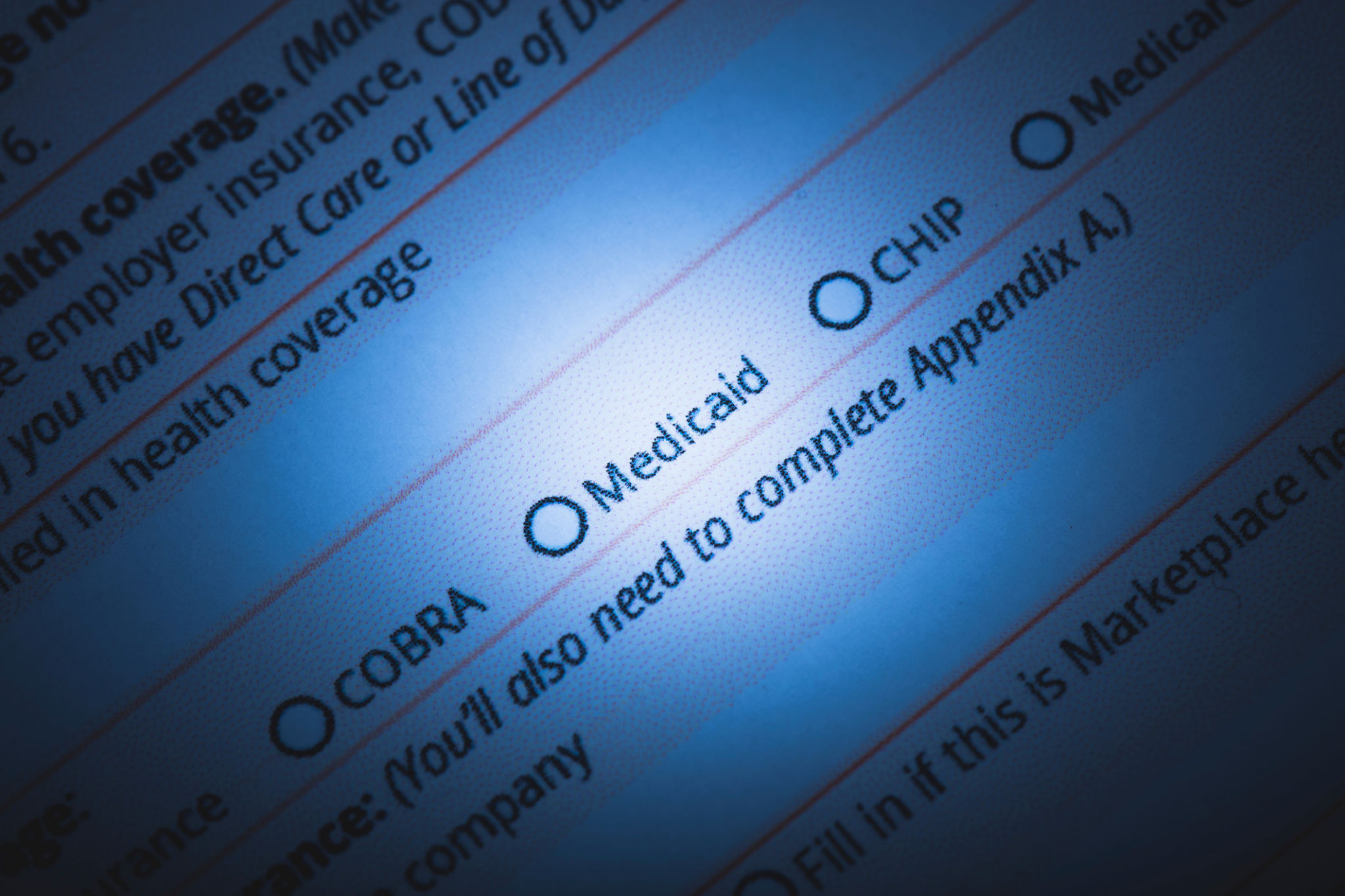Navigating Medicaid and Private Claims: Tips for Small Businesses
Understanding the Basics of Medicaid and Private Claims
For small businesses, managing healthcare claims can be a daunting task. Understanding the differences between Medicaid and private insurance claims is crucial for efficient financial and administrative operations. While Medicaid is a federal and state program assisting low-income individuals, private insurance is typically provided through employers or purchased individually.
Medicaid claims often involve navigating state-specific regulations and policies, which can vary significantly. It's important for businesses to stay updated on these requirements to ensure compliance and proper billing.

Key Differences Between Medicaid and Private Insurance Claims
One of the primary distinctions between Medicaid and private insurance claims lies in their coverage scope and reimbursement rates. Medicaid often covers a broader range of services with lower reimbursement rates compared to private insurance. Understanding these differences helps in setting realistic expectations for reimbursement timelines and amounts.
Private insurance claims usually have more predictable processes but can also involve complex interactions with different insurers. Businesses must be adept at managing these interactions to avoid unnecessary delays or denials.
Strategies for Efficient Claim Management
Efficiency in claim management is critical for maintaining cash flow and minimizing administrative burdens. Here are some strategies small businesses can employ:
- Regular Training: Ensure that your staff is well-versed in the latest Medicaid and private insurance claim procedures.
- Technology Utilization: Use software solutions to automate claim submissions and track their progress.
- Audit Regularly: Conduct periodic audits to identify errors or patterns that could lead to claim denials.

Navigating Regulatory Changes
Healthcare regulations are constantly evolving, which can impact both Medicaid and private insurance claims. Small businesses must stay informed about these changes to ensure compliance and avoid penalties. Subscribing to industry newsletters or participating in relevant webinars can be helpful in staying up-to-date.
Additionally, building relationships with industry professionals and joining healthcare associations can provide valuable insights into regulatory developments and best practices.
The Role of Communication in Claim Processing
Effective communication with both clients and insurers is key to successful claim processing. Ensure that all necessary information is accurately captured at the time of service, and maintain open lines of communication with insurance providers to resolve any issues promptly.
For Medicaid claims, it’s particularly important to communicate with state agencies to understand any specific documentation or procedural requirements. Likewise, when dealing with private insurers, establishing contacts within the company can facilitate smoother interactions.

The Importance of Documentation
Proper documentation is the backbone of successful claim management. Ensure that all patient interactions, services rendered, and communications with insurers are thoroughly documented. This practice minimizes disputes and supports your claims in case of audits or inquiries.
Training your team on comprehensive documentation practices can significantly reduce the likelihood of claim rejections. It also ensures that your business can provide accurate information quickly when needed.
Leveraging Professional Expertise
If managing claims becomes overwhelming, consider hiring a professional billing service or consultant. These experts can offer specialized knowledge and experience, ensuring that your claims are handled efficiently and accurately.
Outsourcing this aspect of your business can free up valuable time and resources, allowing you to focus on core business activities while maintaining peace of mind regarding your financial operations.